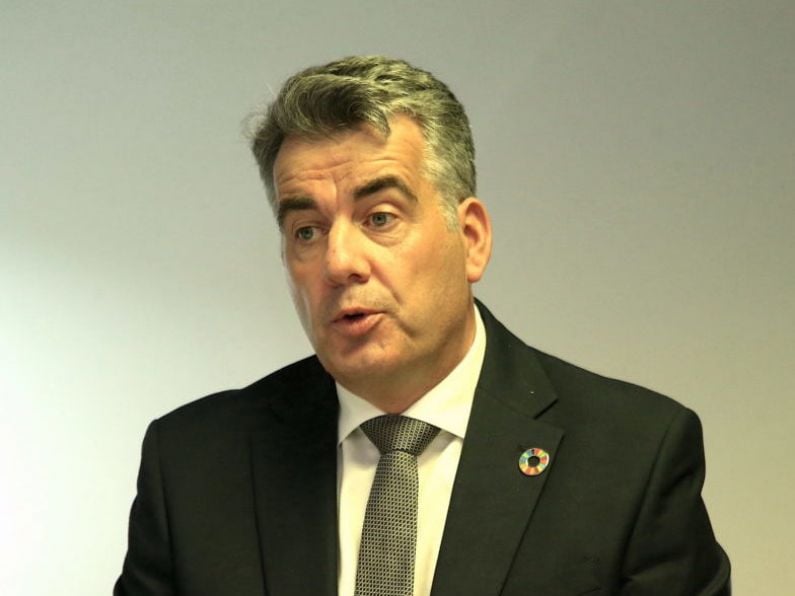The level of variation in child and adolescent mental health services (CAMHS) in the nine community healthcare organisation areas of the HSE is “unacceptable,” the chief executive of the Mental Health Commission has said.
The Commission has published individual reports on the nine regions following a major report on the overall service in July.
The individual reports, published on Thursday, provide more detail of problems inspectors found within certain regions, with "issues of concern" across 17 counties.
Among the findings in the reports are children who are suicidal waiting over 50 days to be seen by mental health professionals, and some children's care being carried out online from Qatar.
The reports provide an assessment of the CAMHS services offered by each community healthcare organisation between April 2022 and July of this year and highlight 49 recommendations.
Chief executive John Farrelly told RTÉ’s Morning Ireland that the individual regional reports were necessary so the HSE could do the work required in each area while awaiting a new strategy on the regulation of CAMHS.
The reports set out the strengths and quality initiatives of each region, but also the types of challenges being seen all over the country, of which there were 140 across the nine regions, he said.
There were also 45 areas of concern in relation to clinical or quality issues that could not wait. “So we escalated nationally for the HSE to mitigate the risk,” he added.
Among the concerns were consultants working part-time, the number of hours service and children left without prescription renewals. “Making sure that children were receiving their care, that the care was clinically safe and that we could not wait for a strategy to ensure they were safe.
“There was a number of items like that which were escalated. In one area that was 24 items escalated, but in four of the areas, we didn't need to do this. And that brings us back to the challenges and these are the systemic issues across the country.
“So if we look at the digital infrastructure, the lack of risk management, the variation in budgets. If you look at budgets across the nine areas, some areas are funded 100 per cent better in other areas. If you look at waiting lists, the waiting lists in some areas are 200 per cent more than in other areas. The level of variation isn't acceptable if we're to have quality and safety.”
Mr Farrelly acknowledged there was a variation across the country, however, he said there was “a lot of high-quality work going on”.
“What we've done is we've identified the key issues and like any good process, you identify the issues, you're not afraid to look at the issues and then you put a process in place to fix it.”
Mr Farrelly said the Commission would be more concerned with people not adhering to protocols, the lack of clinical audits in a health service. “There's a few things missing there. Also the digital infrastructure. We need clinical governance, digital infrastructure, proper budgets, better governance to support the staff that are there.”
Staffing levels were based on a state policy that was nearly 20 years old, he said. “We've moved on in terms of the provision of services for children. So we need to look at the multidisciplinary team that's needed.”
There were high-functioning areas and high-functioning teams in areas, the problem was that level of service was not replicated across the country.
Mr Farrelly pointed out that the Commission does not have the power to monitor or regulate the changes required. “It's not like if it was an adult in-patient centre, we could do something.
“We need to put in place a strategy based on the 49 recommendations. The inspector has recommended that the commission should oversee that and the inspector has also recommended that regulation of Camhs will make the services safer.”
Anyone struggling to cope can call Samaritans free of charge on 116 123, email [email protected] or visit the Samaritans website.
Vivienne Clarke
Keep up to date with all the latest news on our website Beat102103.com






